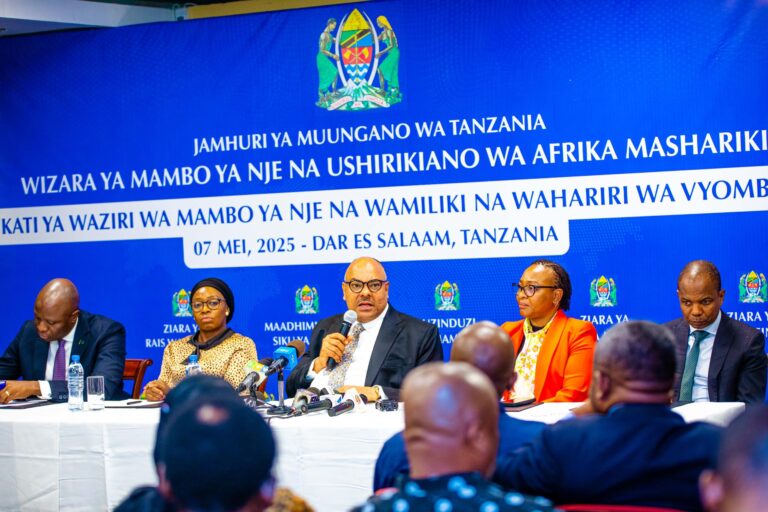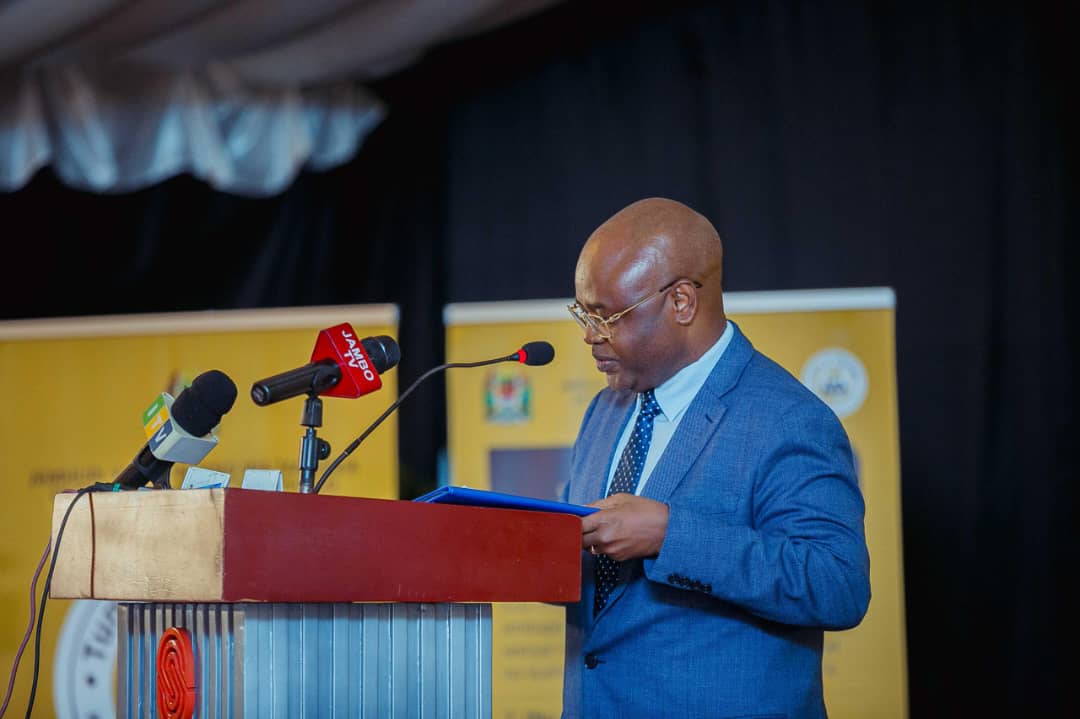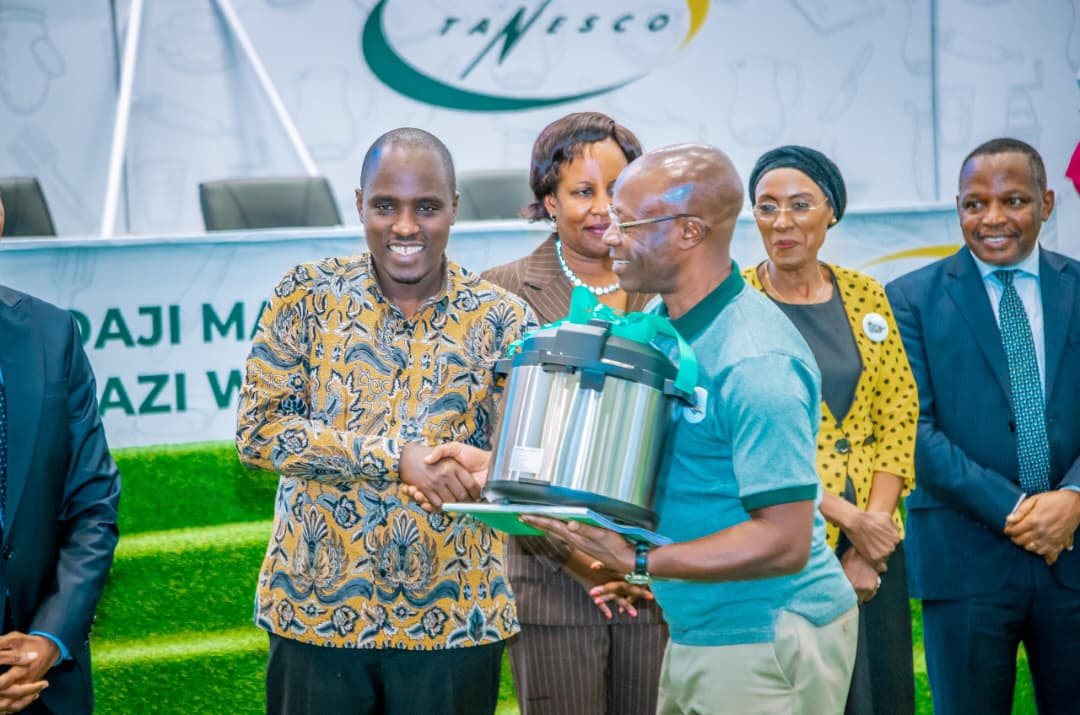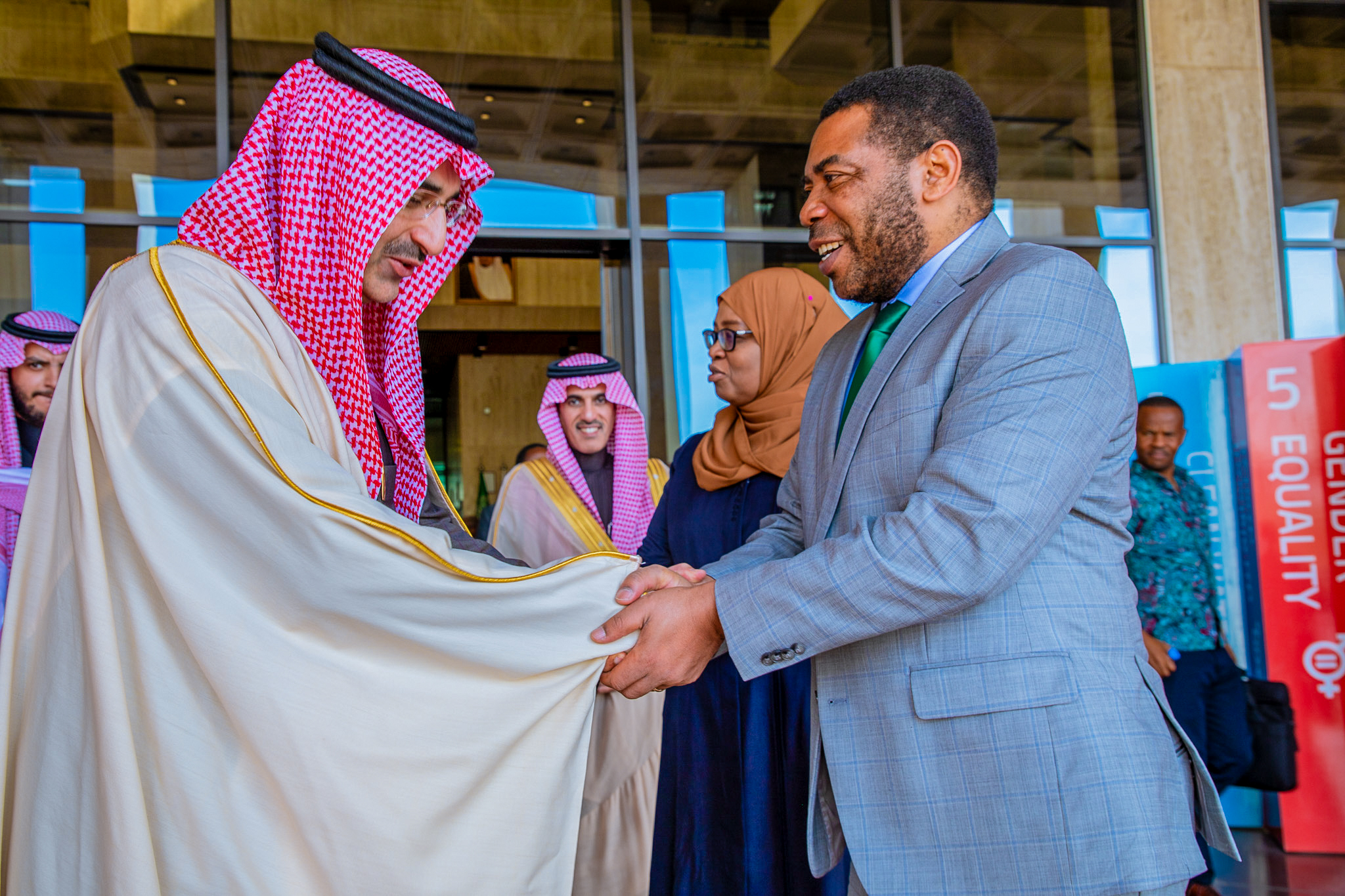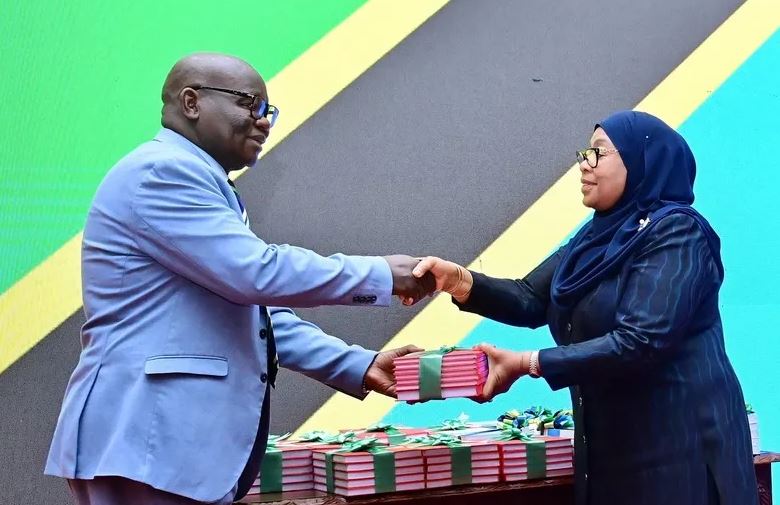Dar es Salaam – In a telling reflection of Tanzania’s shifting global posture, the government will unveil the 2024 revised edition of its 2001 Foreign Policy on May 19, 2025, signaling a strategic recalibration that puts economic diplomacy at the center of its international relations agenda.
The revision comes at a time when traditional geopolitical rivalries are giving way to economic competition, resource nationalism, and soft power influence, prompting many developing nations to rethink their place in an increasingly multipolar world.
For Tanzania, this policy overhaul represents both a response to external transformations and a recognition of the country’s evolving domestic aspirations.
Announcing the development in Dar es Salaam on Wednesday, May 7, 2025, Foreign Affairs Minister Mahmoud Thabit Kombo said the revised policy seeks to align Tanzania’s foreign engagements with global shifts while safeguarding core values like sovereignty, democracy, and human rights.
“The global landscape has shifted significantly,” he said. “Conflicts are increasingly economic rather than geopolitical. Our new policy is therefore designed to enhance economic diplomacy as a strategic priority.”
The updated policy sets out to reposition Tanzania by fostering a supportive domestic environment for foreign engagement, strengthening bilateral and multilateral ties, intensifying regional cooperation, addressing public debt concerns, and reaffirming its traditional non-alignment stance.
While these are not entirely new ambitions, the sharper emphasis on economic leverage marks a distinct turn toward pragmatic diplomacy.
At the heart of this shift is an understanding that diplomacy today extends beyond politics and into market access, trade negotiations, technology transfer, and branding of national identity.
Minister Kombo acknowledged that Tanzania’s previous foreign policy faced limitations, particularly in addressing emerging non-traditional threats such as cross-border crime and managing international agreements effectively.
A key weakness identified was the lack of coherent strategies for diaspora engagement.
He noted that the new policy introduces a “special status” designation—seen as a precursor to potential dual citizenship—following comprehensive consultations with Tanzanians living abroad.
This signals a broader strategy of turning the diaspora into an economic and diplomatic asset.
Cultural capital also features prominently in the new policy framework.
Kiswahili, despite its Tanzanian roots and widespread global uptake, has been underexploited as both a soft power tool and an economic resource.
With over 102 universities globally offering Kiswahili at the degree level, and nearly a quarter billion people studying or speaking the language, Tanzania is repositioning to claim leadership in a space it helped create.
Another major focus is the blue economy. Although Tanzania boasts rich marine resources, these have long remained underutilised.
Minister Kombo said the revised policy aims to bridge the gap between potential and practice by integrating environmental concerns and sustainable marine development into foreign relations—an area previously overlooked.
The policy also lays out a 25-year vision with far-reaching implications.
Tanzania aims to diversify its international markets, attract more tourists, monetise Kiswahili, develop its maritime economy, and position itself as a logistical hub for seven land-linked countries that rely on its ports.
These goals align with a broader ambition to transform Tanzania into a regional economic nerve center.
As a flagship project under this policy direction, the government plans to build a 5,000-capacity convention center in Arusha, intended to elevate Tanzania’s appeal as a destination for conference tourism and regional forums.
A presidential task force is currently conducting a feasibility study, also addressing existing controversies around the proposed location.
The diplomatic calendar reflects this strategic push.
Mozambique’s President Daniel Chapo is currently in Tanzania for a three-day state visit focused on deepening bilateral ties and exploring new areas of cooperation.
Meanwhile, Finland’s President Alexander Stubb is expected from May 14 to 16, accompanied by a delegation of business leaders seeking opportunities in technology, green energy, education, and industry.
This will mark the first visit by a Finnish head of state since 2003.
“These visits are more than ceremonial. They reflect Tanzania’s evolving foreign policy—less ideological, more economically driven, and firmly rooted in strategic partnerships,” Minister Kombo said.
Africa Day, celebrated on May 25, will also serve as a platform for this new diplomatic identity.
In partnership with the Africa Diplomatic Group (ADG), Tanzania will host a public lecture titled “Justice for Africans and People of African Descent through Reparations,” along with the screening of a documentary chronicling Africa’s liberation movements.
The choice of theme reflects an ongoing interest in historical justice but also illustrates the country’s intent to blend moral leadership with diplomatic pragmatism.
As the date of the policy launch approaches, observers will be watching not just for its ceremonial rollout but for tangible signs of a shift—from reactive diplomacy to strategic statecraft.

